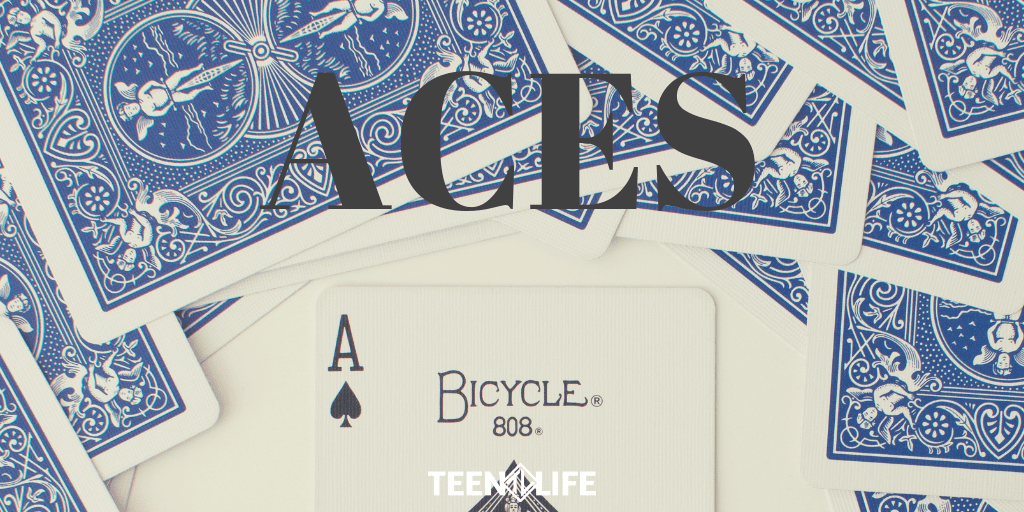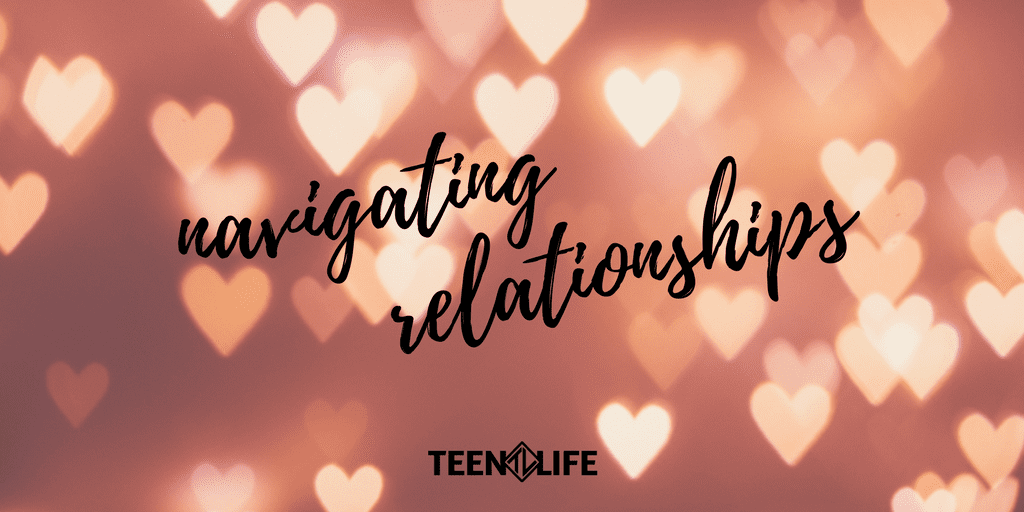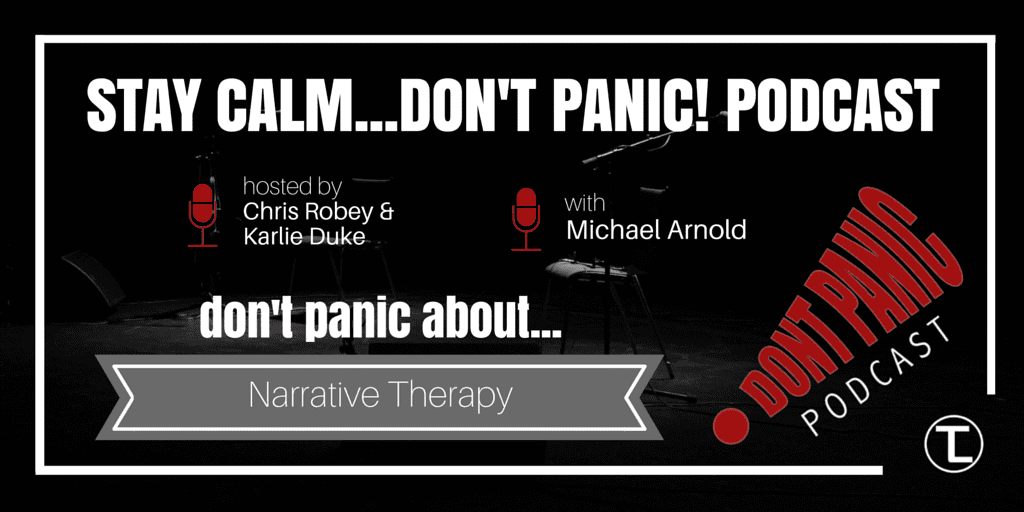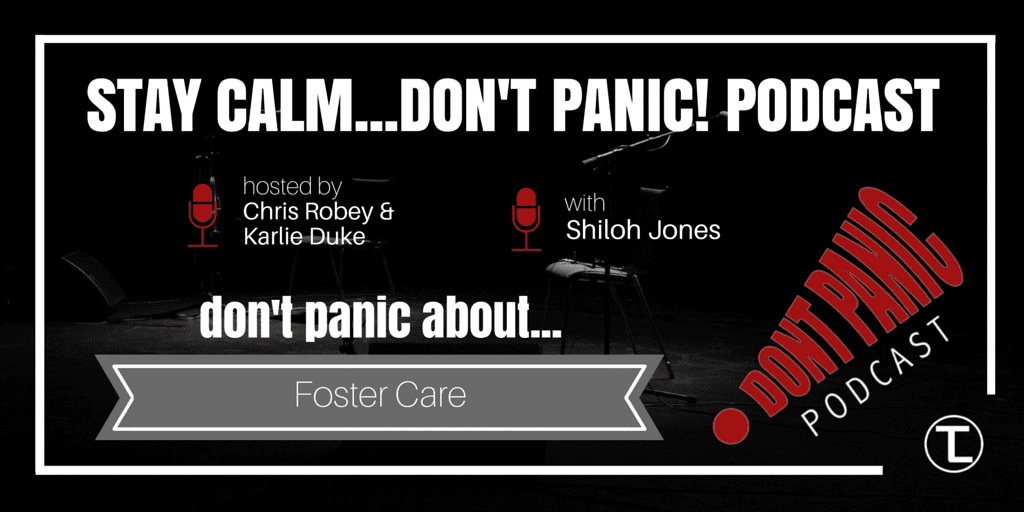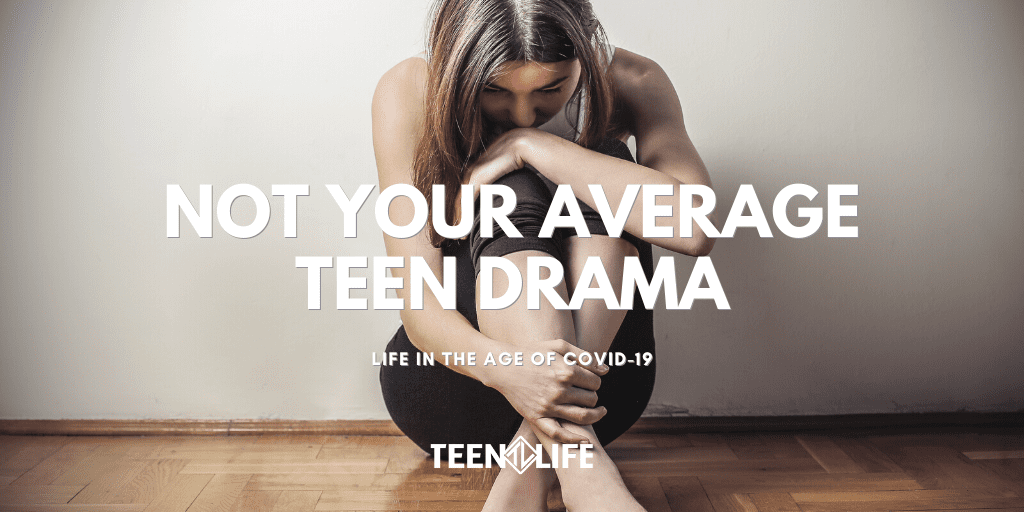
Not Your Average Teen Drama
Grief is an odd friend in our house. Between culture shock kinds of grief and mourning three of our four parents, all but one grandparent and too many friends, we’ve had our fair share. Even since we’ve been self-quarantined, I’ve lost three friends. (None of them to COVID-19.)
There is an odd pause in the collective breath when someone dies and you can’t be together to laugh and cry and remember.
We were made for connection. The Bible says it. Brené Brown says it. I’d say at this point in our world history, we can all make a footnote that says 99.9% of us agree: isolation is not a natural state of humanity. Weddings, funerals, birthdays and graduations are a thing. They are a thing because we were made to celebrate and to grieve together.
From toddlers to teens, our kids are grieving too. They are unruly and restless and not interested in school work. They might act angry sometimes, but anger and angst go hand in hand with grief. And instead of getting together to shake their fists at the sky and dance to angry music, they are forced to stay home in our worldwide time-out while they grieve the loss of what they had hoped. For prom. For graduation. For their summer jobs and trips with friends.
I think we will all look back in twenty years and, having traveled and caffeinated and danced, we will mostly agree that many of the things we are grieving now were frivolous. But at the moment, whether they are voicing it or not, our kids are just sad. And that’s ok. It’s ok to feel sad and to move through the emotion. We will all come out the other side.
As parents and teen workers, one of the most vital things we can do is help them name what they are feeling and create an atmosphere of emotional connection. Whether that’s helping them prank a friend’s yard (save the tp for a more momentous occasion and get creative) or offering a shoulder to cry on, even when all we get is attitude. Start looking for markers to help them commemorate this life event, even when the life events they expected have been marked off the calendar. (Read more about markers here.)
When my toddler starts into a fit these days, something he rarely did until about a week ago, I’ve started pulling him in close and asking what’s making him sad today. Then we pick a friend to FaceTime and bake something. We’ve been baking a lot.
Don’t be afraid to pull your teens in close and ignore the newfound homeschooling power struggle for a moment. No one will remember that late assignment twenty years down the road, but they will remember how you made them feel when the world came crashing down.
We are all grieving the loss of normalcy. We all need a virtual funeral to grieve our expectations and regroup. So schedule your days, pick one fun thing a day to do together, bake a little more than usual, but most of all, give yourself, and your teens, a lot of grace. The struggle is real.
*We’re excited to have Beverly Ross join us in our Impact group next month to speak more on grief. Usually exclusively open to monthly donors and church partners, you can now join Teen Life’s private Facebook group for FREE until further notice due to the Coronavirus. Check out the Teen Life Impact Group for support, discussion, videos, and exclusive content. Join the conversation with Teen Life and our Resident Experts, like Beverly, where we will cover new topics each month that are relevant to living and working with teenagers. In the meantime, you can find more on grief in these posts.

Kelly Fann
Digital Media Manager
Kelly Fann | Digital Media Manager
Kelly has a desire to empower young people to grow into the best version of themselves. Using her background in branding and word-smithing, she is a master at highlighting resources that help teens learn skills that will enable them to grow and to adapt, to enjoy life and to be better citizens. Kelly has a MA in Linguistics from North Texas University.
